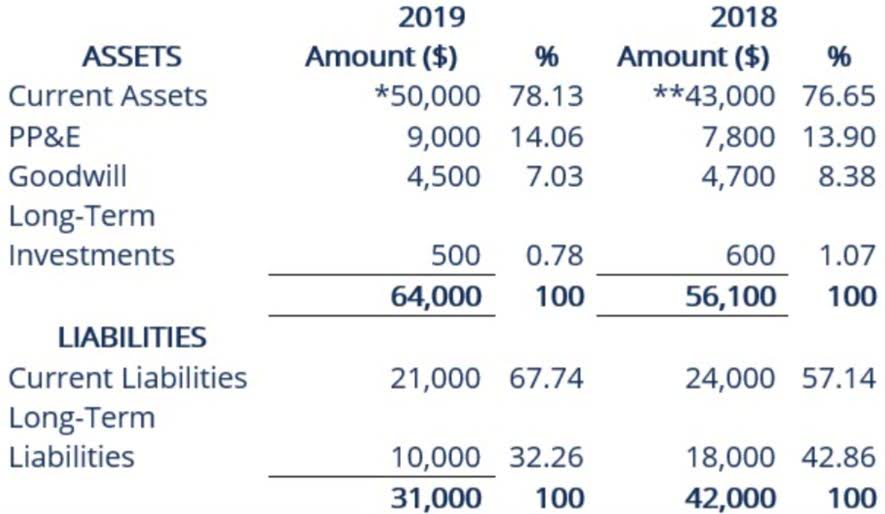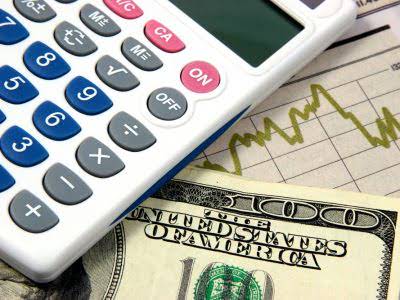The Best Online Accounting Firms for Small Business
19 mars 2021How To Trade Bitcoin Bitcoin For Beginners 2023 Guide
15 novembre 2021
By looking at https://www.bookstime.com/ the roles of accounting and accounting we have seen the clear differences between accounting and accountancy. Accounting records classifies and summarises business data while accountancy reports, advises and explains the financial position and performance of the business in the past, present and future where applicable. While the two may seem quite similar there is a difference between accounting and accountancy.
The Difference Between Accounting and Accountancy

Accounting refers to the act of keeping and maintaining books of records and preparation of accounts. Accountancy, on the other hand, refers to duties of the accountant which include accounting but also extend to auditing, advisory and tax advisory. To clearly understand the difference between accounting and accountancy let us Online Accounting look at the two in detail. Accountancy on the other hand refers to the interpretation of financial data collected through accounting and communicating it in the form of financial statements to all concerned parties.

How to eliminate repetitive bookkeeping tasks?

If you aren’t sure which option is right for you, take this short program selection quiz.
- They are responsible for preparing financial statements, conducting audits to verify financial information, and providing insights that help businesses and organizations make informed financial decisions.
- He has built multiple online businesses and helps startups and enterprises scale their content marketing operations.
- Accountancy and accounting have subtle differences that make them appear more similar than different.
- The government lumps accountants and auditors together when forecasting career growth, with the forecast looking strong.
- Some accounting software is considered better for small businesses such as QuickBooks, Quicken, FreshBooks, Xero, or Sage 50.
Which one should I choose for my career, Accounting or Accountancy?
- Technology has transformed the accounting and bookkeeping landscape, automating many manual tasks and improving efficiency.
- Herein lies our second difference between accounting and accountancy, the information used in accountancy is classified during the accounting process.
- Accountancy provides practices, principles, and the framework for collating, processing and using financial data.
- Accounting history dates back to ancient civilizations in Mesopotamia, Egypt, and Babylon.
- The accounting world has long been pigeonholed as a haven for people who prefer the company of numbers to people, but this stereotype is outdated and inaccurate.
Beyond recording transactions, accounting involves interpreting financial data to inform strategic decisions, evaluate performance, and ensure financial accountability. Accountancy, often referred to as the practice or profession of accounting, focuses on the systematic recording, analysis, and reporting of financial transactions. Professionals in accountancy play a vital role in ensuring accurate financial records and compliance with regulatory standards.

- In finance and business management, the terms « accountancy » and « accounting » are often used interchangeably, yet they carry distinct meanings and applications.
- These provide information that explains the performance and position of the business in certain areas and measures.
- This is another difference between accounting and accountancy, accountancy provides advice on future transactions and plans while accounting is largely concerned with what has happened.
- To do so requires 150 hours of postsecondary education, which is more than a bachelor’s degree and almost enough to obtain a master’s degree.
- Accurate and reliable accounting and bookkeeping are crucial for any business’s success.
- While accounting and bookkeeping are distinct professions, they are closely related.
- Certified Public Accountant (CPA) is a professional credential bestowed by the Uniform Certified Public Accountant Examination and established by the American Institute of Certified Public Accountants.
Accountancy gives accounting a framework and practices which an accountant makes use of to collect identify and record all the financial as well as the non-financial transactions. Accounting is simply the process of recording all the business transactions of a financial year, accountancy it starts where the bookkeeping gets stops. Managerial accountants also analyze financial records to make predictions in various contexts such as operations, logistics and risk. The larger and more complex the business, the more likely it is to benefit from hiring a good managerial accountant. It’s probably safe to say that everyone from sole proprietors to large corporations could benefit from hiring a good tax accountant.
- An accountant is a professionally qualified person who performs accounting functions, i.e. preparing and maintaining accurate financial records of the enterprise.
- Accounting is defined as a part of information system with its information functions.
- An Italian mathematician and friend of Leonardo da Vinci, Pacioli published a book on the double-entry system of bookkeeping in 1494.
- For a recent grad or young professional who is ambitious, detail-oriented, and quantitatively inclined, it is difficult to go wrong with either accounting or auditing.
- Auditing involves examining an organisation’s financial records to ensure they are accurate, complete, and comply with relevant accounting standards.
- Beyond this, there are myriad additional duties that an accountant might perform, such as bookkeeping, tracking expenses and revenues, forecasting future profits and cash flows, and tax preparation.

It’s typically done by tax, financial or managerial accountants, depending on the audit’s purpose. That’s why it makes sense to hire a good financial accountant to track, record and report financial transactions and create financial statements for your company. When a transaction is done by the business, whether an inflow or outflow that transaction is recorded ion the journal using a double-entry system. The recording is the first step in accounting and it represents the first difference between accounting and accountancy. The reports generated by various streams of accounting, such as cost accounting and managerial accounting, are invaluable in helping management make informed business decisions.
